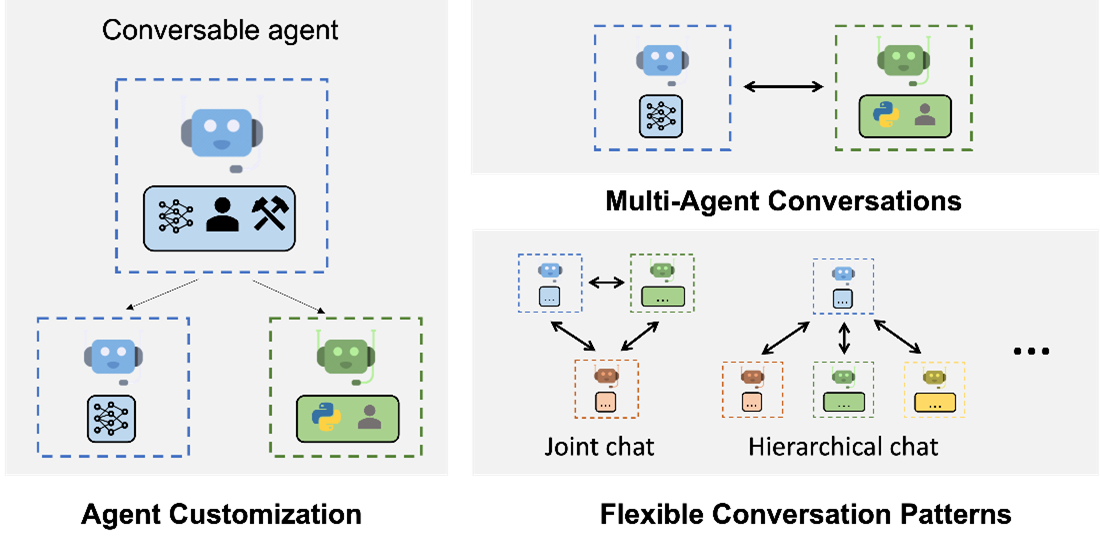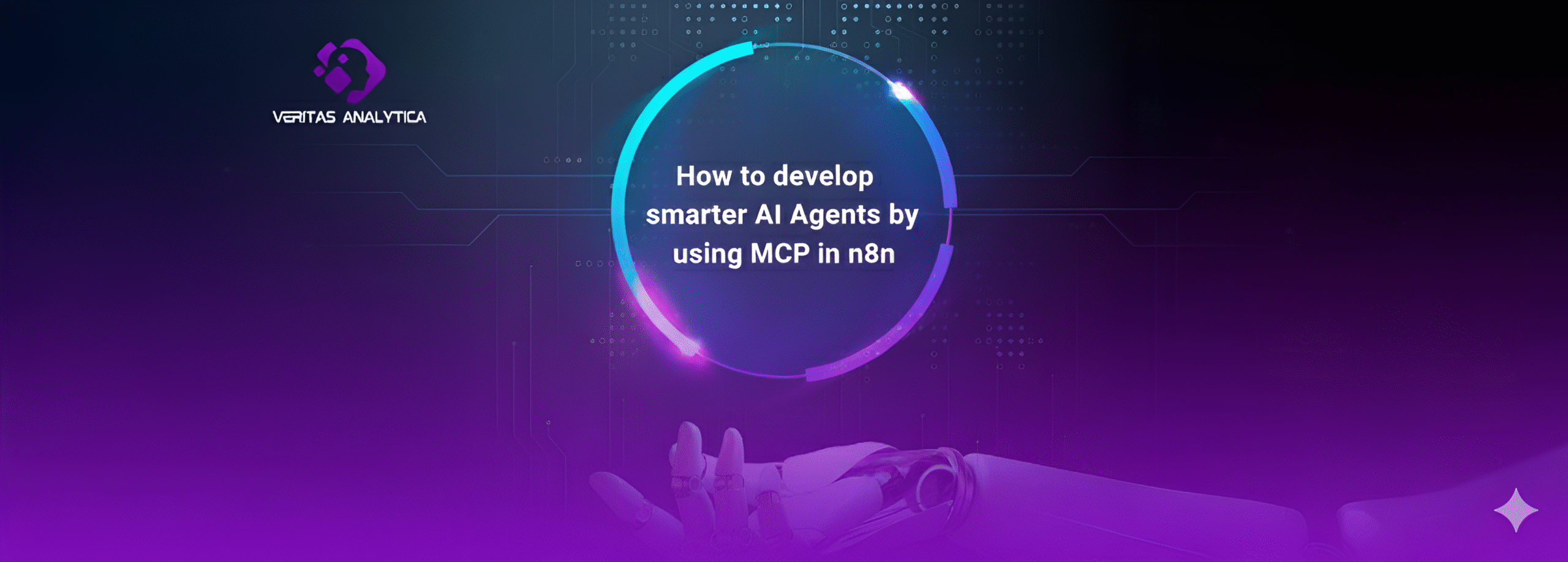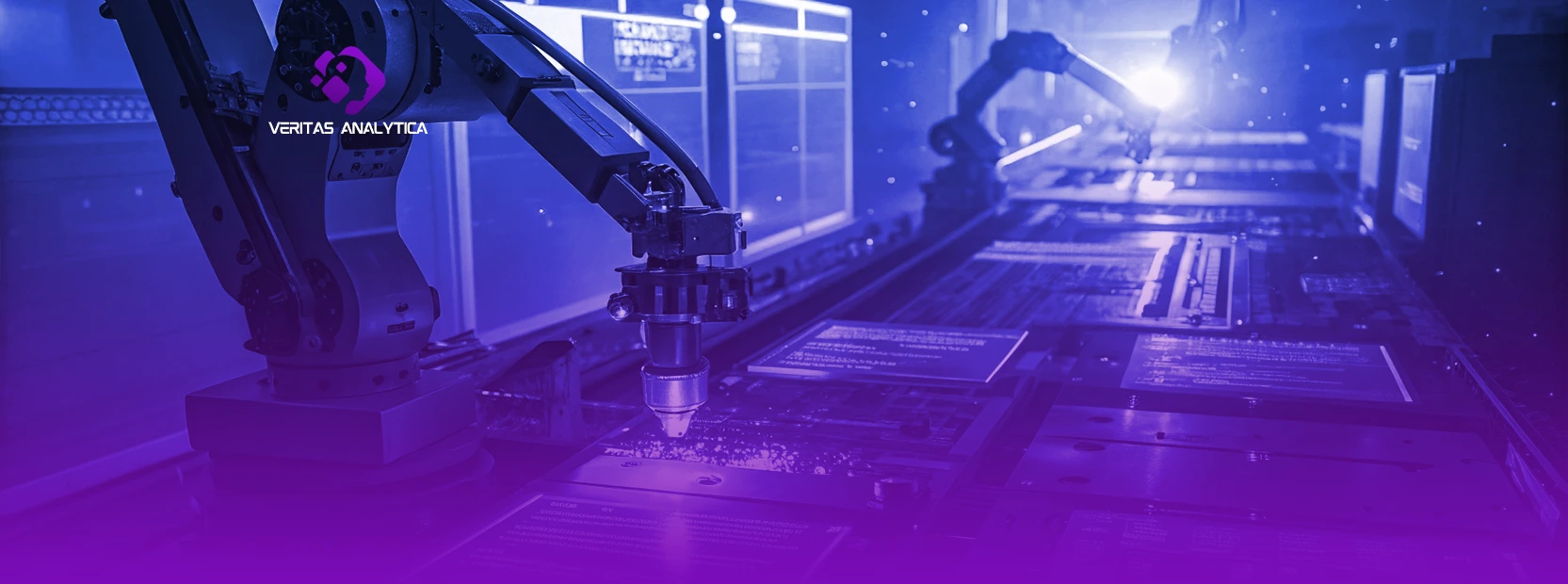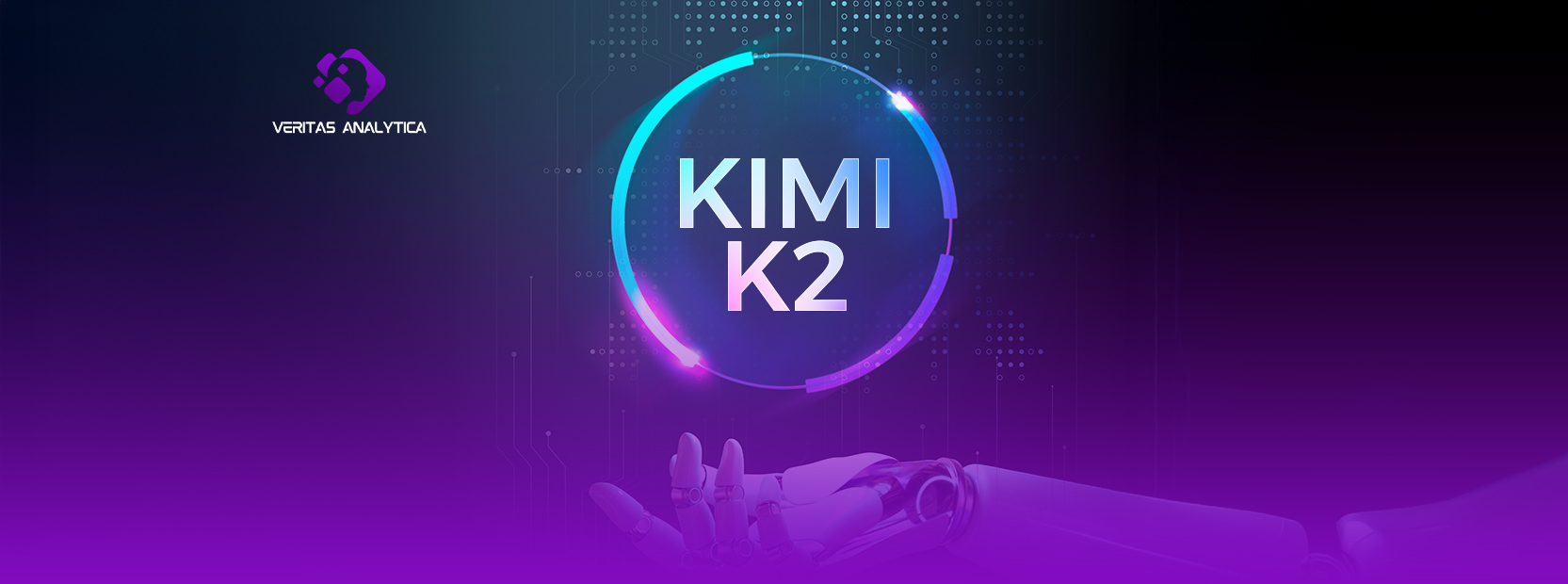Agentic AI is no longer theoretical; it’s transforming industries, powering autonomous decisions, and redefining the boundaries of artificial intelligence. In 2025, the toolkit powering agentic AI has expanded significantly, driven largely by open-source innovation. From planning and reasoning to orchestration and retrieval, the open-source community is leading the way, making it easier than ever for businesses and developers to build sophisticated AI agents.
What is Agentic AI?
Agentic AI refers to artificial intelligence systems that can autonomously plan, reason, interact, and execute tasks independently, rather than simply responding to prompts. These systems require robust infrastructure and specialized tools beyond traditional prompting techniques. Enter the open-source community, which has rapidly evolved a powerful stack of tools tailored specifically for agentic AI.
Open-Source Tools Defining Agentic AI in 2025
Let’s explore some groundbreaking open-source tools shaping the agentic AI landscape in 2025:
1. LangChain
The modular backbone for building agents equipped with memory, tools, and chains. LangChain provides flexibility and scalability, crucial for creating adaptive and context-aware AI systems. Learn more in our LangChain for Beginners guide.
2. LangGraph
A graph-based orchestration layer designed for complex, multi-agent workflows. It enables efficient coordination and communication between various agents, perfect for enterprise-level applications. Check out our Ultimate Guide to LangGraph.
3. AutoGen (Microsoft)
This tool facilitates role-based agent collaboration and dialogue loops, significantly enhancing the interactive capabilities of AI agents through structured conversational flows.

Figure 1. AutoGen’s architecture enables customizable agents and flexible multi-agent conversations. (Left) Agents can integrate LLMs, tools, and humans for specialized workflows. (Right) Agents communicate through joint or hierarchical chats to coordinate tasks. Adapted from the Microsoft AutoGen project.
4. CrewAI
CrewAI lets you build agent teams with assigned roles, task coordination, and seamless collaboration. It streamlines the management of AI agents, making them function cohesively in complex scenarios.
5. LlamaIndex
LlamaIndex bridges large language models (LLMs) with structured and unstructured data, enabling smarter and contextually relevant retrieval, essential for accurate and timely agentic responses.

Figure 2. LlamaIndex’s Retrieval-Augmented Generation (RAG) pipeline architecture: the diagram shows how user queries are embedded, compared against a vector index for relevant context retrieval, and combined with the original prompt to generate grounded, context-aware responses. Adapted from LlamaIndex Documentation.
6. SuperAGI
A full-stack visual interface for deploying, scaling, and managing autonomous AI agents at enterprise scale. SuperAGI simplifies the management of large-scale agent deployments.
7. MetaGPT & BabyAGI
These lightweight frameworks simulate development teams and task runners, allowing AI agents to autonomously execute complex tasks and streamline workflows efficiently.
8. AgentBench, AgentOps, OpenDevin & Devika
Focused on benchmarking, observability, and autonomous coding, these tools are crucial for maintaining performance standards, debugging, and ensuring reliability in agentic AI systems.
Why Open-Source is Critical for Agentic AI
Open-source solutions provide transparency, collaboration, and rapid innovation. By using community-driven tools, businesses can avoid vendor lock-in, rapidly prototype new concepts, and leverage collective intelligence to innovate faster.
Key advantages include:
- Cost Efficiency: Open-source tools reduce development costs compared to proprietary alternatives.
- Transparency: Developers can inspect and modify code, enhancing trust and security.
- Innovation: Continuous community-driven improvements ensure cutting-edge capabilities.
Real-world Applications of Agentic AI
Agentic AI powered by these open-source tools is revolutionizing multiple sectors:
- Customer Service: Autonomous agents deliver personalized and context-aware customer interactions.
- Financial Services: Automated trading agents make real-time, data-driven investment decisions.
- Healthcare: Intelligent diagnostic agents support medical practitioners by providing quick access to relevant patient data.
Take Action: Leverage Open-Source for Your AI Solutions
Ready to build smarter, more autonomous AI systems?
At Veritas Analytica, we specialize in turning cutting-edge AI technology into practical, profitable solutions. If you’re eager to explore how open-source agentic AI tools can transform your business, book a free consultation today.





